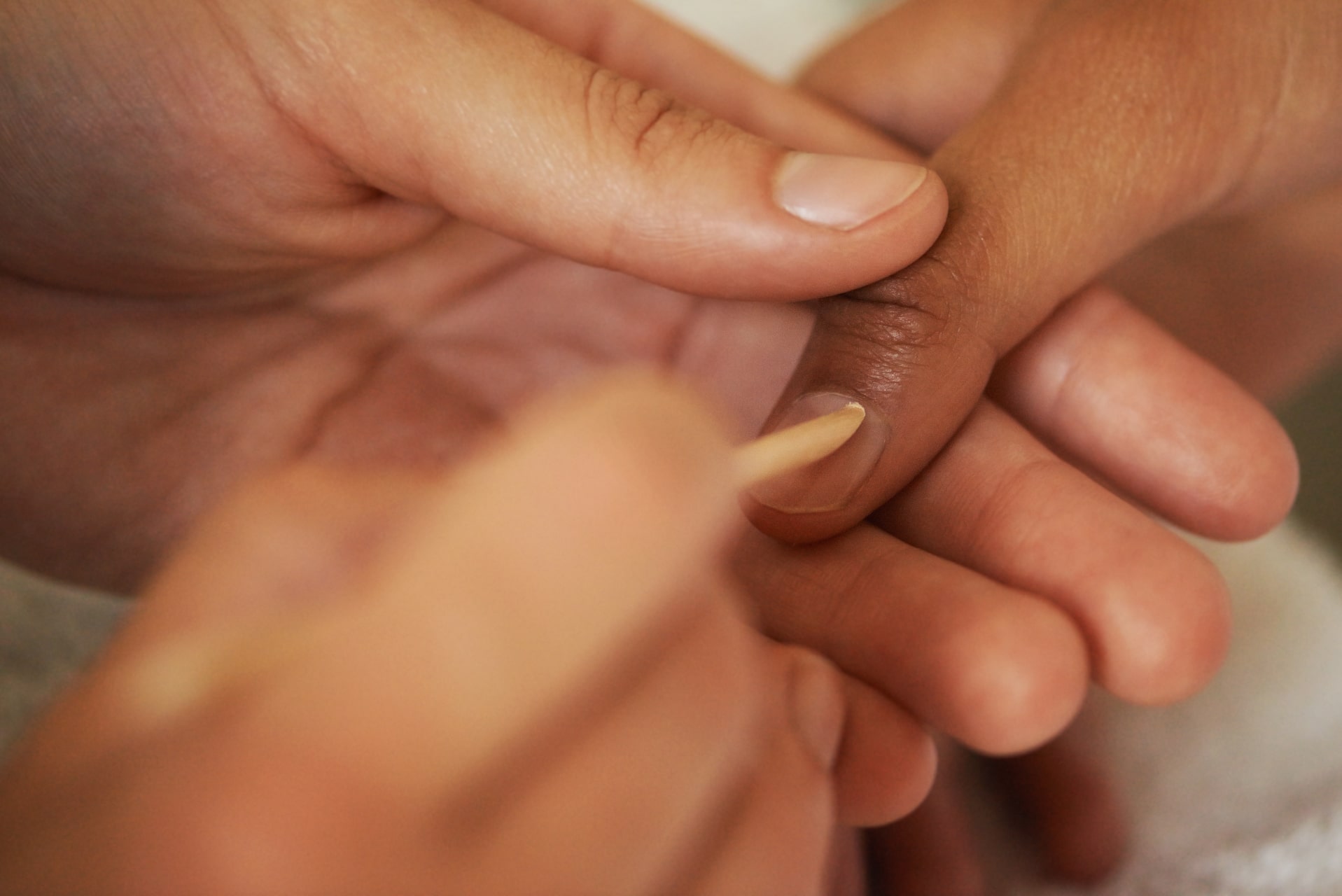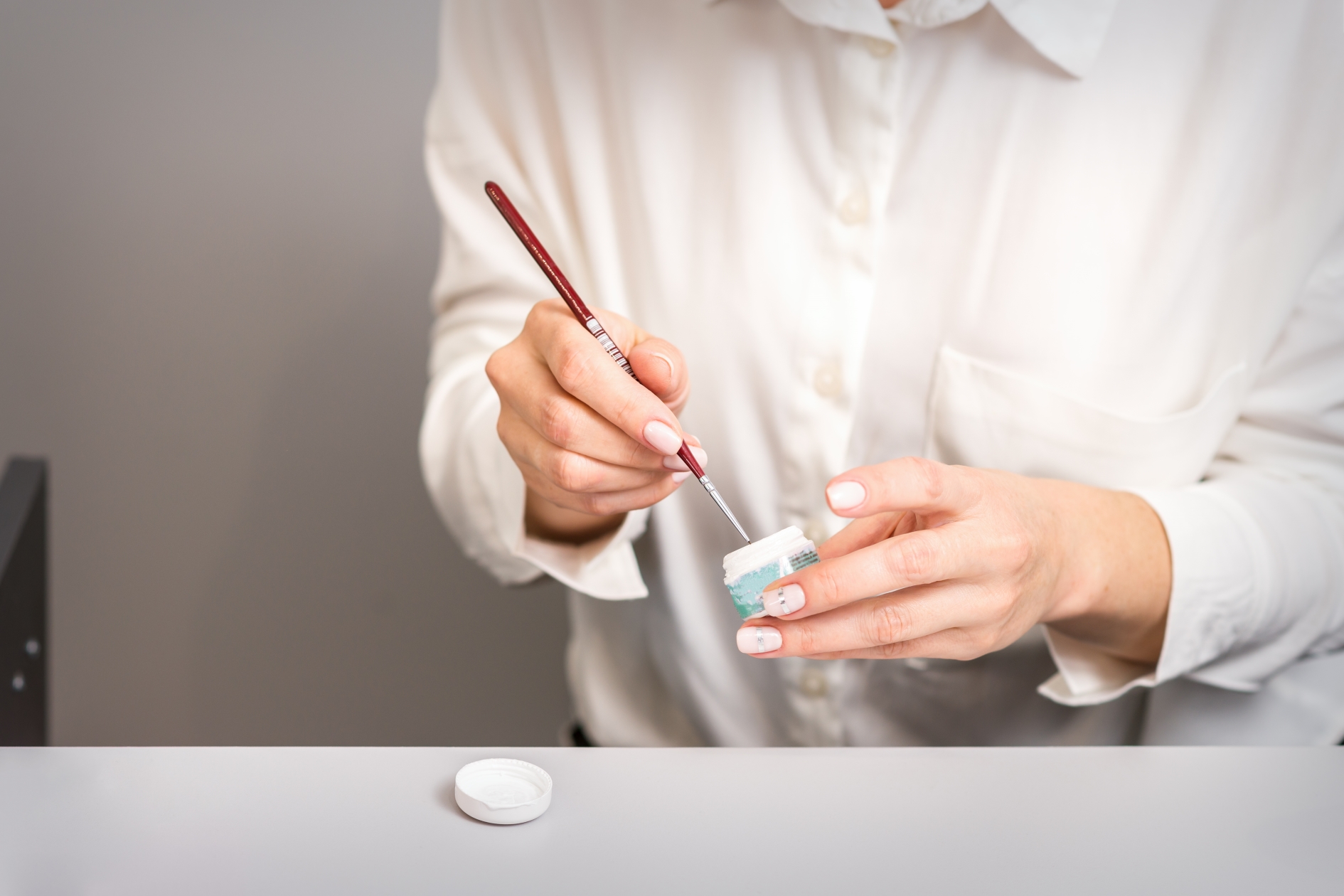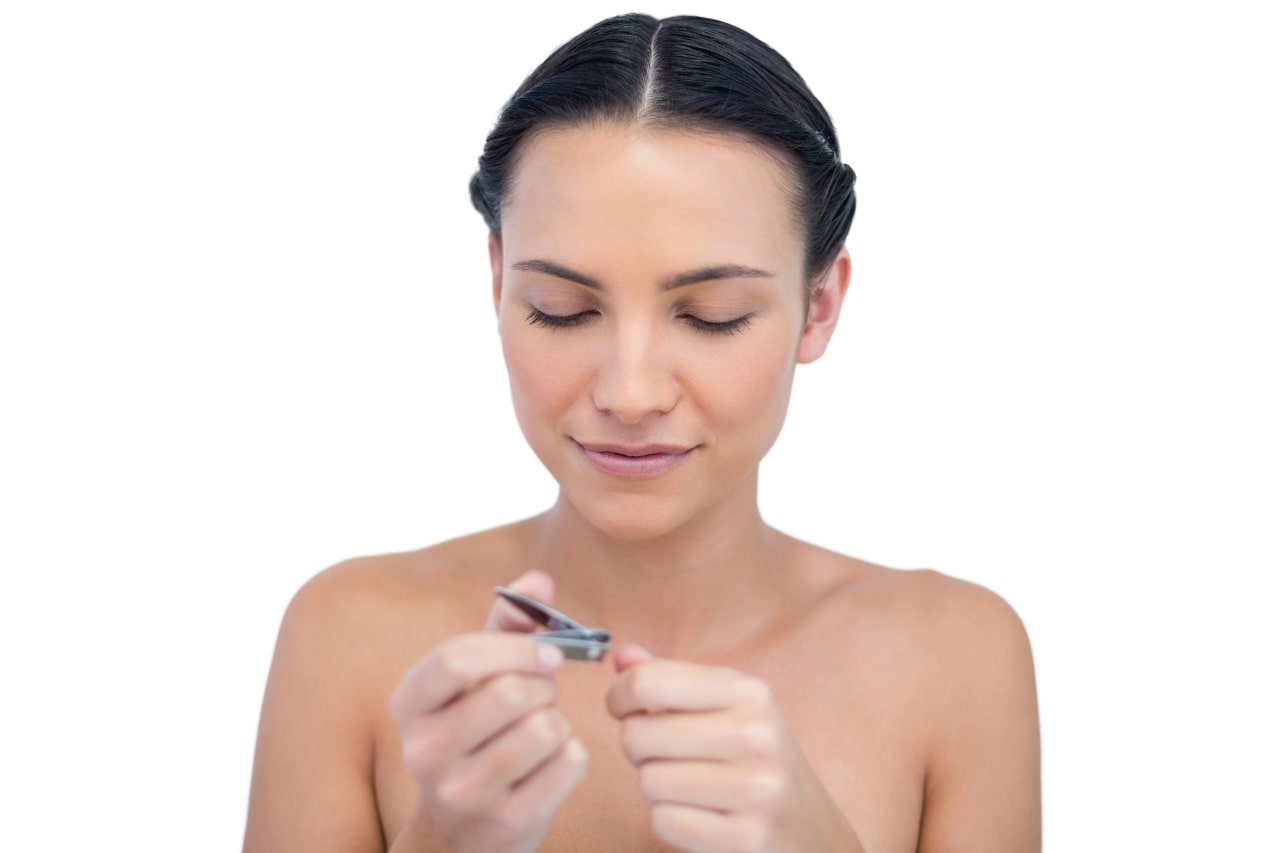Nails are more than just a canvas for beautiful nail art; they can also provide important insights into our overall health. The thickness or thinness of your nails can be a reflection of underlying health conditions or nutritional status. Understanding the difference between thick and thin nails and what they indicate can help you better care for your nails and overall well-being. Here’s what you need to know.
Thick Nails: What Do They Mean?
Characteristics of Thick Nails:
Thick nails are usually harder and more robust than average nails. They may appear wider and more elevated above the nail bed. While thick nails can sometimes be a normal genetic trait, they can also signal certain health conditions.
Possible Health Indications of Thick Nails:
- Fungal Infections:
One of the most common reasons for nails to thicken is a fungal infection, known as onychomycosis. This condition can cause nails to become yellow, brittle, and crumbly in addition to thickening. Fungal infections are more likely to affect toenails than fingernails due to the warm, moist environment in shoes, which is conducive to fungal growth. - Psoriasis:
Psoriasis is a skin condition that can affect the nails, leading to changes such as pitting, discoloration, and thickening. Nail psoriasis often results in nails that are thick and may separate from the nail bed. - Lichen Planus:
This inflammatory condition can affect the skin and nails, leading to nail thickening and ridging. It may also cause painful splits in the nails and can lead to permanent damage if left untreated. - Thyroid Conditions:
Hypothyroidism, a condition where the thyroid gland does not produce enough hormones, can sometimes cause nails to thicken. Other symptoms may include dry skin, hair loss, and fatigue.
Thin Nails: What Do They Mean?
Characteristics of Thin Nails:
Thin nails are often more flexible and bendable than average nails. They may be prone to breaking, peeling, or splitting easily. Thin nails can be a result of genetics or environmental factors but may also indicate health issues.
Possible Health Indications of Thin Nails:
- Nutrient Deficiencies:
A common cause of thin or brittle nails is a deficiency in essential nutrients such as iron, zinc, and biotin. Iron deficiency, in particular, can lead to a condition known as koilonychia or “spoon nails,” where the nails become thin and concave. - Overuse of Nail Products:
Regular use of harsh nail products, such as acrylic nails, gel polish, or nail polish removers containing acetone, can weaken the nails over time, making them thin and brittle. - Hyperthyroidism:
Unlike hypothyroidism, hyperthyroidism is a condition where the thyroid gland produces too many hormones. This can accelerate metabolism and lead to symptoms like weight loss, thinning hair, and thin, brittle nails. - Aging:
As we age, our nails naturally lose their strength and thickness due to reduced circulation and slower cell production. This can lead to thinner, more fragile nails that are prone to splitting and breaking.
How to Care for Your Nails
Regardless of whether your nails are thick or thin, maintaining proper nail care can help keep them healthy and strong. Here are a few tips:
- Maintain a Balanced Diet:
Ensure you’re getting enough vitamins and minerals, particularly biotin, iron, and zinc, which are crucial for nail health. - Stay Hydrated:
Drinking plenty of water helps keep your nails hydrated and can prevent them from becoming dry and brittle. - Use Gentle Nail Products:
Avoid using harsh chemicals on your nails, and opt for gentle, nourishing products instead. Give your nails a break from acrylics or gel polishes to allow them to recover. - Keep Your Nails Clean and Dry:
Regularly washing and thoroughly drying your hands and feet can help prevent fungal infections and other nail problems. - Consult a Healthcare Professional:
If you notice significant changes in your nail thickness or experience other symptoms, it’s best to consult a healthcare professional to rule out any underlying conditions.




